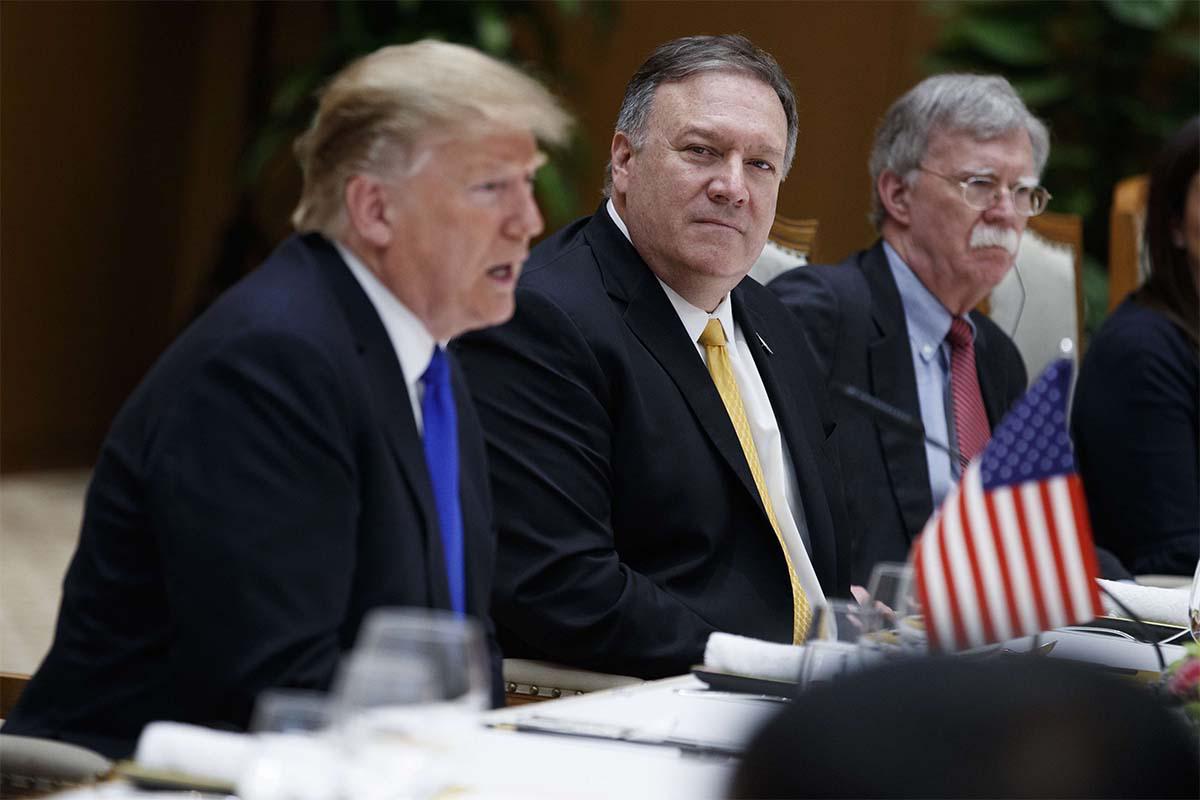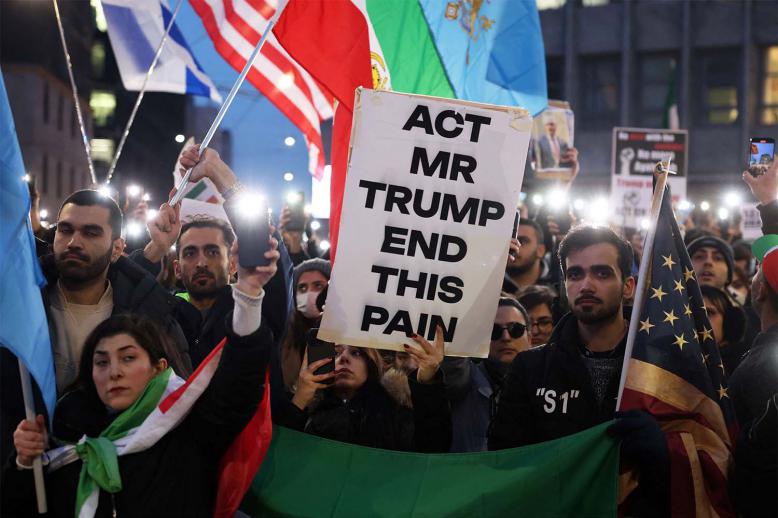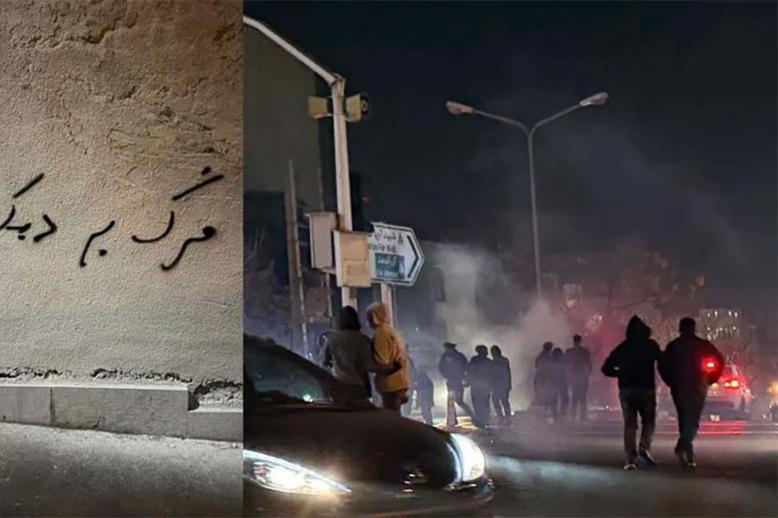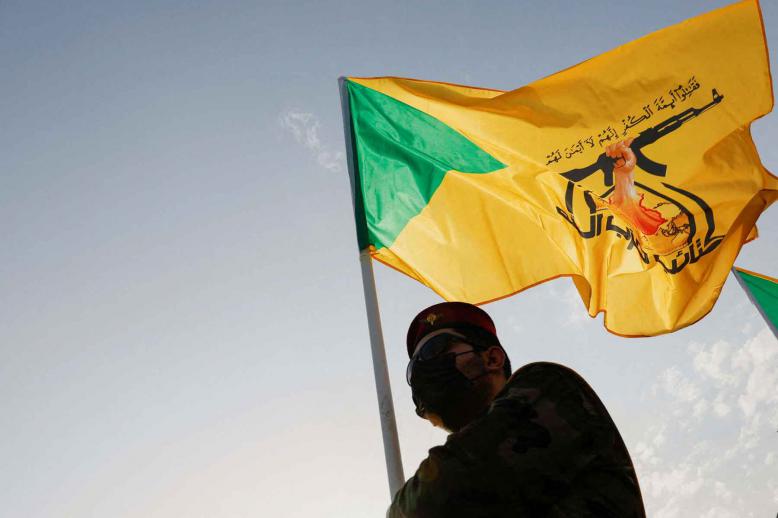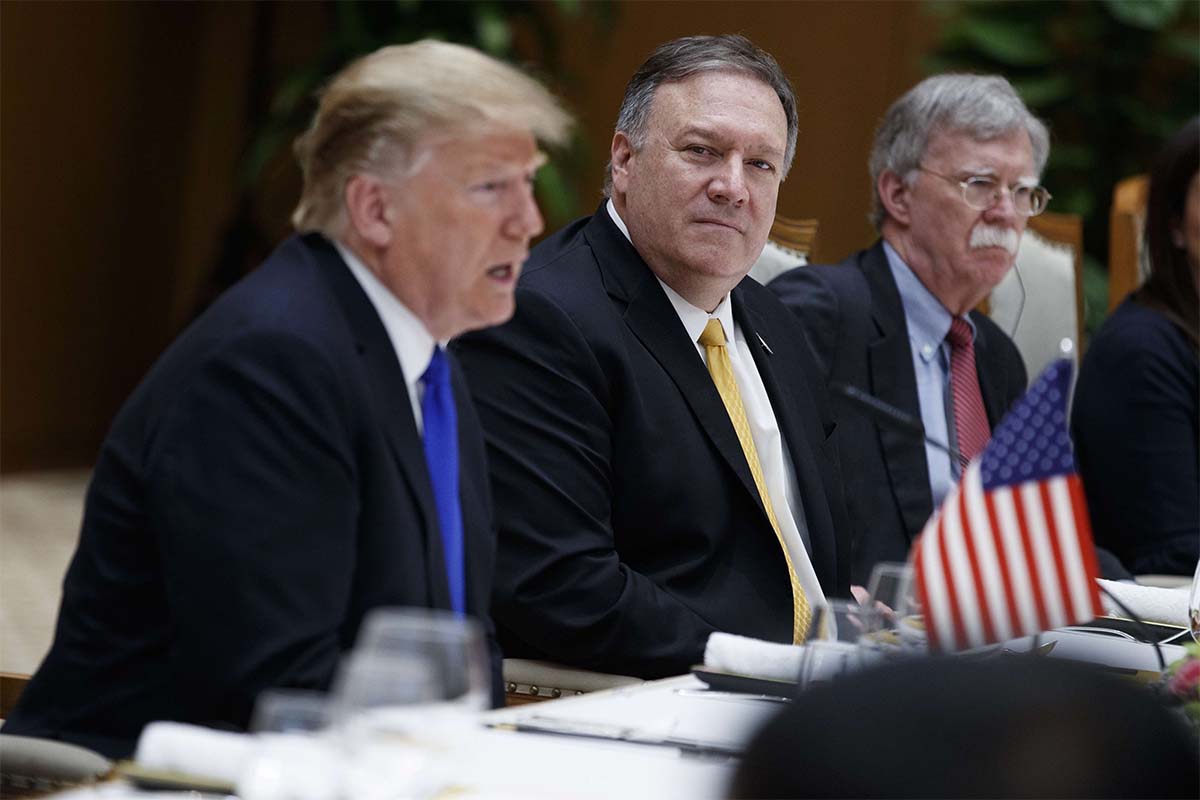US move towards Brotherhood ban could upend Turkish-Qatari strategies
ISTANBUL — A plan by members of the US administration to designate the Muslim Brotherhood an international terrorist organisation is expected to be yet another irritant in troubled relations between Ankara and Washington.
The move could also put fresh pressure on ties between Washington and Doha. Like Turkey, Qatar is a major backer of the Muslim Brotherhood. It is also the site of the largest US military base in the Middle East. Both Turkish and Qatari strategies in the region could be upended.
The government in Doha, accused by regional rivals of funding Islamist extremists, has not publicly commented on the possible designation of the Brotherhood by the United States.
Despite the Muslim Brotherhood-affiliated groups’ claim to moderation, experts see the wide-reaching Islamist network as one of the main sources of radicalisation in the region.
In the conservative opinion website the Daily Wire, Josh Hammer described the Muslim Brotherhood as “the international Islamist group that serves as the mother’s milk for much of the Sunni extremism that plagues the Arab world.”
NATO member Turkey has been told by Washington that it faces a “with us or against us” choice in its relations with the United States. Ties are under strain by US support for Kurdish militants in Syria, Ankara’s wish to buy Russian military hardware and by Turkey’s determination to pursue close relations with neighbour Iran despite the threat of US sanctions.
Gunter Seufert, a Turkey expert at the German Institute for International and Security Affairs, a think-tank in Berlin, said a designation of the Muslim Brotherhood as a terrorist group would be “another point of conflict” between Turkey and the United States. “This would harden fronts further,” Seufert said by telephone.
US President Donald Trump’s decision to consider putting the Brotherhood on the terror list followed a request by Egyptian President Abdel Fattah al-Sisi.
The proposal to designate the group set off debate in Trump’s national security team, reports said. The plan was formulated as hardliners such as Trump’s national security adviser John Bolton and US Secretary of State Mike Pompeo have widened their influence on US policies in the Middle East.
It is unclear whether the US move would be ultimately directed against specific branches such as the Egyptian Brotherhood or the movement in general, which has hundreds of thousands of followers in several countries but no central authority. Under US law, someone who provides “material support” to terrorist groups is subject to extensive penalties.
Material support is defined widely and can cover providing funds, transportation or counterfeit documents, giving food, helping set up tents or distributing literature. Foreign nationals who deal with such groups can be denied US visas or removed from the United States if in the country.
That could put Turkey into a difficult position. The government of Turkish President Recep Tayyip Erdogan has given shelter to members of the Brotherhood who had to leave Egypt and other countries. Along with Qatar, it is one of the major sources of support to Islamist groups across the region. Trump’s move could jeopardise that influence-yielding support. Erdogan’s ruling Justice and Development Party (AKP), a group with roots in political Islam, has ideological ties to the Muslim Brotherhood.
Erdogan was a strong backer of former Egyptian President Muhammad Morsi, a Brotherhood member ousted in a military-backed uprising in 2013. To this day, Erdogan uses the Brotherhood’s so-called Rabia hand sign — four outstretched fingers with the thumb lying on the palm — when greeting crowds at election rallies and other functions.
AKP spokesman Omer Celik criticised the US initiative, saying the Brotherhood was an “organisation that is committed to democracy and justice and has always kept its distance from violence.”
Erdogan, who likes to portray himself as a leader of the Muslim world, will try to hold on to his support for the Brotherhood even under US pressure, possibly fuelling more tensions between Washington and Ankara.
US Vice-President Mike Pence recently said Turkey had to choose between buying a Russian missile defence system and remaining “a critical partner” in NATO.
In another point of friction, the US administration has been trying to put together a regional alliance against Iran, while Turkey is cooperating with Tehran in Syria and is looking for ways to evade US sanctions to keep buying oil from Iran.
Qatar also criticised Trump’s Iran policies but has not clearly spoken up against the Trump move to ban the Brotherhood. It has, however, criticised US cancellation of Iran oil import waivers. Tehran returned the favour by criticising the US move against the Muslim Brotherhood.
Whatever the outcome of the ongoing debate about the US move, it is likely to focus on the Brotherhood’s sources of support.
Turkey and Qatar are “the primary state backers” of the organisation, Jonathan Schanzer of the Foundation for Defense of Democracies in Washington said in congressional testimony last year.
“If US policymakers truly wish to undermine the global reach of the Muslim Brotherhood, it must take a hard look at the group’s state sponsors,” he said.
Thomas Seibert is an Arab Weekly contributor in Istanbul.
Copyright ©2019 The Arab Weekly


